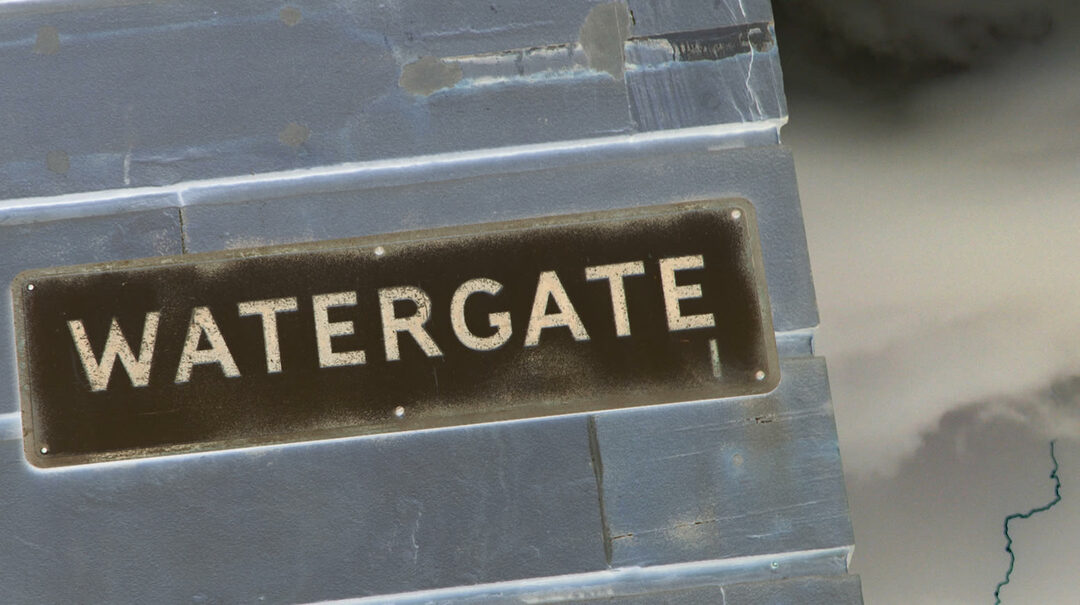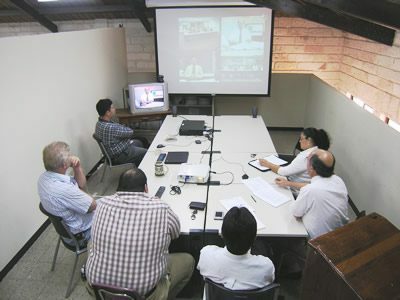Definition of Munich Massacre
Miscellanea / / July 04, 2021
By Guillem Alsina González, in Jul. 2018
The Olympic truce was respected by the ancient Greeks because it was a religious issue (and no one wants to suffer the wrath of gods), but in modern society, truces are easily broken and, if they are observed, they are very difficulty.
Although the Olympic spirit wants to carry the peace the world, one of the worst terrorist acts was committed, precisely, within the framework of some Olympic Games, the Munich ones from 1972.
The so-called Munich Massacre was a terrorist attack perpetrated by the Palestinian organization Black September as form of pressure for the Israeli government to release several hundred of its co-religionists who had imprisoned.
The terrorists benefited from a safety more lax than usual: on the one hand, the world of 1972 was not the same as it is now and, on the other hand, the German organizers wanted to get as far as possible from an image militarized and with iron security, taking into account the parallels that could be made with the previous games held on German soil, those in Berlin in 1936, and the Nazis.
Dressed in sportswear (read tracksuits), eight members of the Black September organization (a spinoff of the Palestine Liberation Organization, at odds with the leader of the latter, Yasir Arafat) sneaked in, and sneaked the weapons they would use, into the Olympic village on the early morning of September 5, 1972, with the plan of kidnapping the delegation Israeli.
The organization had had the logistical support of neo-Nazi groups, a connection that would be demonstrated later.
Addressing himself and attempting to infiltrate the quarters of the Israeli delegation, the coach of fight Moshe Weinberg detected the attempted intrusion, alerting the athletes with his shouts Israelis. Nine of the athletes were able to escape, but Weinberg himself was injured in the skirmish after the alert, and fighter Yossef Romano was killed.
Weinberg would end up being killed by one of the assailants in another attempt he made to free himself and the other hostages. He was undoubtedly a fighter at all senses, and not only in sports.
In total, the attackers took nine hostages from the Israeli team participating in the games.
Only then, when they had hostages in their possession and with the authorities already surrounding the building, did they make their demands known.
These, as I have said before, focused on the liberation of some 250 co-religionists imprisoned in Israel. Obviously the government Israeli would refuse, resorting to argument that any government of any other country would use: they did not negotiate with terrorists.
They also demanded the release of the two German founders of the Red Army Fraction, Andreas Baader and Ulrike Meinhof (by their surnames, the far-left organization was also known as Baader-Meinhof).
The German authorities in charge of the case sought to delay the time, telling the kidnappers that they still had no response from Israel.
The means of communication from all over the world focused on the action, analyzing each aspect and broadcasting as much as possible live from the scene of the events.
This, precisely, thwarted the first plan of liberation of the hostages by the force: the terrorists were able to see, on television, the movements of the police officers around the building, taking positions to assault it.
But the Palestinians must have smelled something, and they decided to change their tactics, requesting a airplane to evacuate them to Cairo (Egypt).
The plan of the Bavarian police was to take advantage of the transfer to the airport to assault the terrorists and free the hostages.
The subsequent failure of the liberation operation, and the corresponding "massacre" fell on a miscalculation and communication of the police of the German state of Bavaria: the observers who had interacted with the kidnappers had counted between four and five, when in fact they were eight. This circumstance was not communicated to the snipers who were preparing to go into action.
That is why there were five police snipers, an insufficient number to kill all the terrorists at once. Furthermore, they had no specific training as snipers or specific weapons to tackle such a task.
The German police had also replaced the plane's crew with their own officers. These, by mutual own, decided to abandon the action.
This led to a chaotic scene that led to the subsequent massacre.
The terrorists, who had been transferred to the airport by helicopter, saw that they had been deceived when they discovered the plane that was supposed to take them to Cairo empty.
Around 11 p.m. on the same September 5, a shooting began that would last about an hour and would claim the lives of nine hostages (plus the two who had died in the Olympic village) and five of the terrorists, the remaining three being detained.
The intervention of the Bavarian police was harshly criticized. The truth is that the Germans were victims of their own fears and their past. The IOC was also criticized for not suspending the games.
The argument of the organizing Olympic entity was that the terrorists could not get away with it, so they held a ceremony at the next morning (curiously without mentioning the victims), and they waved the Olympic flags and the flags of the participating countries at half pole... except those of the Arab countries, which refused.
As a form of protest, the Israeli delegation was leaving the next day.
Following these terrorist attacks, the government of Israel organized, through its secret services, a revenge operation to liquidate the masterminds of the kidnapping.
This operation included bombings in Syria and Lebanon against PLO targets, and a covert operation whose results were more than debatable, but that is another story ...
Themes in Munich Massacre


